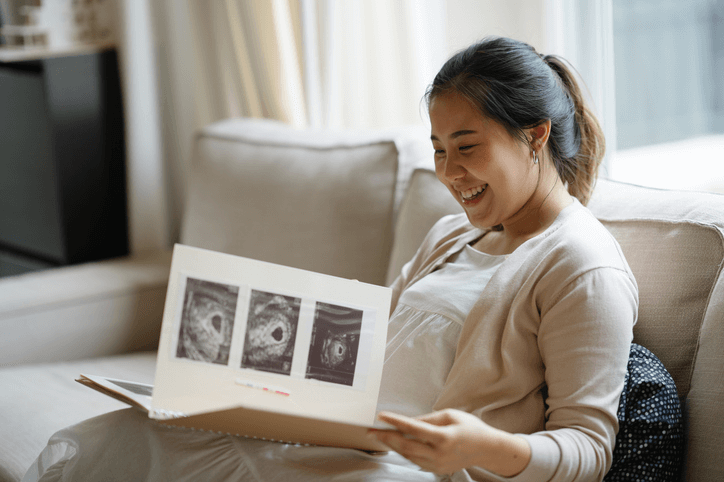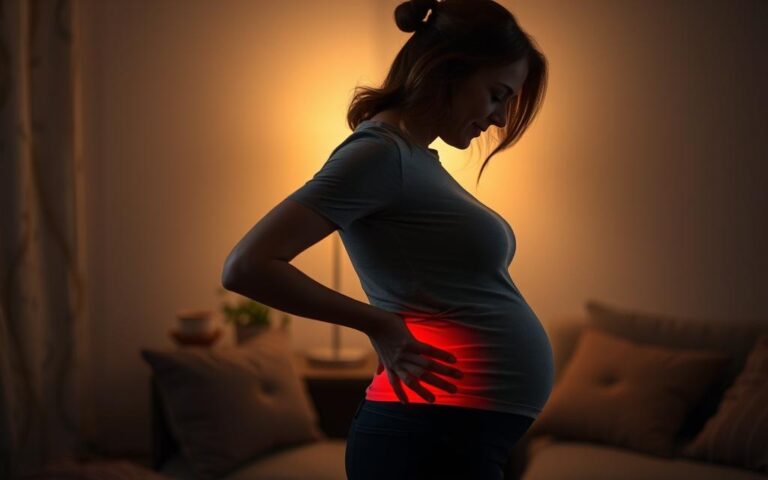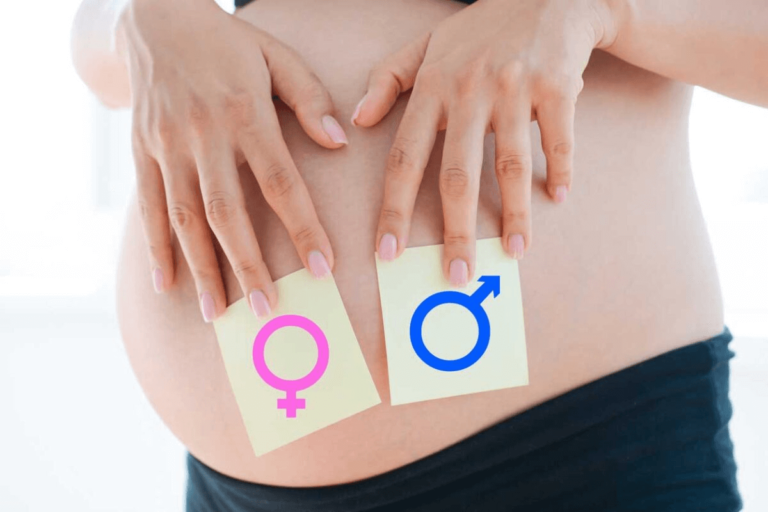The Impact of Lifestyle Choices on Pregnancy Loss

Introduction
Pregnancy is a time when many women reassess their habits and lifestyle choices to ensure the best possible outcomes for themselves and their babies. While some causes of pregnancy loss are unavoidable, lifestyle factors can play a significant role in pregnancy health. This article explores the influence of nutrition, exercise, substance use, stress, and other factors on pregnancy loss, empowering parents to make informed decisions for a healthier pregnancy.
Understanding Pregnancy Loss
Definition and Types of Pregnancy Loss
Pregnancy loss refers to the unintentional loss of a pregnancy before 20 weeks.
- Early Miscarriage: Occurs before 12 weeks of gestation.
- Late Miscarriage: Happens between 12 and 20 weeks.
Common Causes of Pregnancy Loss
- Chromosomal Abnormalities: Account for most early miscarriages.
- Lifestyle Factors: Poor nutrition, substance use, and high stress levels can increase risks.
Lifestyle Factors That Influence Pregnancy Outcomes
While many pregnancies progress without complications, certain lifestyle choices can significantly impact pregnancy health.
The Role of Nutrition in Pregnancy Loss
Importance of a Balanced Diet
Good nutrition supports fetal development and reduces the risk of complications.
- Essential Nutrients:
- Folate: Reduces the risk of neural tube defects.
- Iron: Supports oxygen delivery to the fetus.
- Omega-3 Fatty Acids: Promotes brain and eye development.
Foods to Avoid
- Unpasteurized Dairy: May carry listeria, a bacteria linked to miscarriage.
- Undercooked Meats: Increase the risk of toxoplasmosis and salmonella.
For more on managing pregnancy-related eating challenges, check out this guide on food aversions.
Impact of Physical Activity
Safe Exercises During Pregnancy
- Walking, swimming, and prenatal yoga are generally safe.
- Exercise improves blood circulation, reduces stress, and helps manage weight.
Unsafe Exercises
- High-impact sports or activities with a risk of falling, such as skiing or horseback riding, should be avoided.
For a balanced approach to early pregnancy care, read this First-Trimester Survival Guide.
Smoking and Alcohol Use During Pregnancy
Smoking
- Smoking increases the risk of:
- Miscarriage
- Placental Issues
- Preterm Birth
Alcohol Use
- Even moderate alcohol consumption can raise the risk of:
- Fetal Alcohol Spectrum Disorders (FASD)
- Pregnancy Loss
Substance Abuse and Pregnancy Loss
Illicit Drugs
- Drugs like cocaine and methamphetamine significantly increase the risk of miscarriage and placental abruption.
Prescription Medications
- Some medications may be unsafe during pregnancy; always consult your healthcare provider.
Stress and Its Connection to Miscarriage
Chronic Stress and Cortisol Levels
- Prolonged stress can increase cortisol, affecting hormonal balance and fetal development.
Managing Emotional Health
- Mindfulness Techniques: Meditation and deep breathing.
- Therapy and Support Groups: Help manage anxiety and grief after a previous loss.
The Role of Sleep in Pregnancy Health
Importance of Sleep
- Sleep supports hormonal balance and overall health.
- Poor sleep is associated with an increased risk of preterm birth and low birth weight.
Obesity and Weight Management
Risks of Being Overweight or Underweight
- Overweight: Increases the risk of gestational diabetes, preeclampsia, and miscarriage.
- Underweight: May lead to inadequate fetal growth and pregnancy loss.
Environmental Factors
Exposure to Chemicals
- Avoid harmful substances like lead, pesticides, and cleaning agents with strong fumes.
Workplace Hazards
- Jobs with exposure to radiation or heavy lifting may increase miscarriage risk.
Creating a Healthy Lifestyle Before and During Pregnancy
- Preconception Care: Consult your doctor to optimize health before conception.
- Dietary Adjustments: Focus on nutrient-dense foods and avoid harmful substances.
- Regular Prenatal Visits: Monitor fetal health and address risks early.
Myths About Lifestyle Choices and Pregnancy Loss
- Myth: Stress alone causes miscarriage.
- Fact: Stress may contribute, but it’s rarely the sole cause.
- Myth: A single cup of coffee can cause pregnancy loss.
- Fact: Moderate caffeine intake (under 200 mg/day) is considered safe.
FAQs About Lifestyle Choices and Miscarriage
1. Can exercise during pregnancy cause miscarriage?
No, moderate exercise is safe and beneficial for most pregnancies.
2. How much caffeine is safe during pregnancy?
Limit caffeine intake to 200 mg per day (about one 12-ounce cup of coffee).
3. Can stress alone cause a miscarriage?
While chronic stress can affect pregnancy, it’s rarely the sole cause of a miscarriage.
4. Is alcohol safe during pregnancy?
No, there is no safe amount of alcohol during pregnancy.
5. What foods should I avoid to reduce the risk of miscarriage?
Avoid unpasteurized dairy, undercooked meats, and high-mercury fish like swordfish and tuna.
Conclusion
Lifestyle choices play a vital role in pregnancy outcomes, but it’s important to remember that many miscarriages are due to uncontrollable factors. By making informed decisions about nutrition, exercise, stress management, and environmental exposures, parents can optimize their chances of a healthy pregnancy. If you have concerns, consult your healthcare provider for personalized guidance and support.






